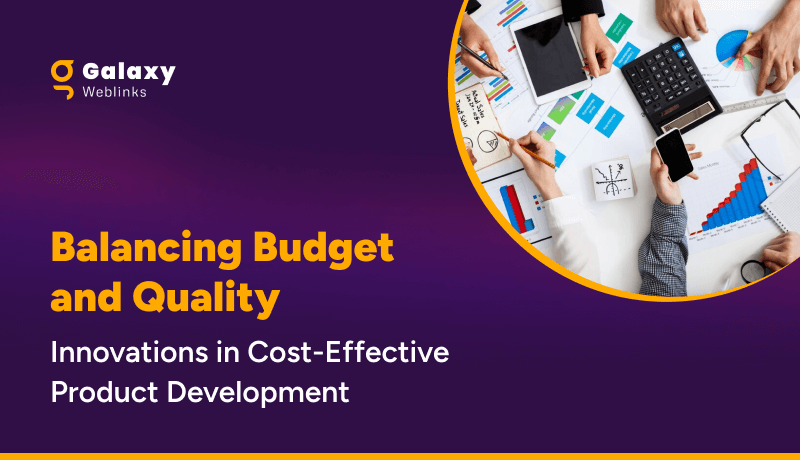In our previous article, we talked about what is technical debt and how one strikes a balance between juggling code quality and its timely delivery. In this new blog, we have come up with a list of tools that will help you and your developers for assessing and acting on the analysis of your technical debt.
Let’s see what the tools are.
SonarQube
SonarQube, early known as Sonar, is an open-source platform that assists developers in improving their code quality. It comes with two customizable dashboards, called Global and Project. This makes it very clean as you can add or remove widgets as per your requirement. It supports more than 20 programming languages.
Widgets provide information like the number of days required (in terms of human resource) to fix code base issues, your technical debt ratio, technical debt pyramid, and many more details. All this makes your developer and QA testers’ life a bit easier and helps in keeping the reins of technical debt in check.
Bliss
Bliss focuses on your coding and testing quality. It’s a dashboard that uses numerous static analyzers for any reported flags and consolidates the said data for your team. Bliss helps in understanding the origin of how your technical debt accumulated over some time to a certain extent.
Integration with code repositories like Github, BitBucket keeps you informed on how your team code is and helps you understand what can be changed.
SQUORE
Squore is a commercial tool, but the setup is pretty easy. Squore is split into two sections, on the left are the projects, artifacts, and technical debt indicators, on the right, are various widgets.
It considers four factors for calculating technical debt. This includes efficiency, portability, maintainability, and reliability. When there is a violation detected in code, it’s added to the indicators and goes in the subset of that particular indicator as well.
You will also be able to see the distribution of your technical debt across functions, making it easier for your team to prioritize their tasks.
Teamscale
Yet another commercial tool Teamscale helps in assessing and controlling your code quality. It promotes transparency among your team members via clone detection for any redundancies in your code, unwanted dependencies with the help of architecture conformance analysis, and bug detection.
It is compatible with all major languages and version control systems. Using an incremental analysis engine delivers speedy feedback and sheds light on the root causes for potential issues. You will also get various IDE options, like plugins for Eclipse, NetBeans, IntelliJ, and Visual Studio.
Kiuwan
Kiuwan is a SaaS-based commercial solution for code quality management. It has plans which offer static analysis, duplicate code detection, technical debt computation, what-if analysis, and possible solution road maps. This all is presented in user-friendly and customizable dashboards.
The dashboard is very easy to understand. On the left side of the dashboard, you will find a list of your analyzed projects and on the right, there will be quality analysis information. Kiuwan uses the “Checking Quality Model” which consists of five indicators, maintainability, reliability, portability, efficiency, and security for assessing your projects. And with this, there is a risk index and efforts to target the index as well.
All the tools mentioned above have been here for quite some time but unless you consider your resources and prospects, picking one will be difficult. But as the experts say, you can not go debt-free ever, neither debt is negative in every scenario. You need to strike a balance between timely code delivery and least compromise on quality ensuring that your technical debt never boomerangs back on you.
You can get in touch with us for any technical debt issues and maintaining manageable levels of the same, we are just a click away.

